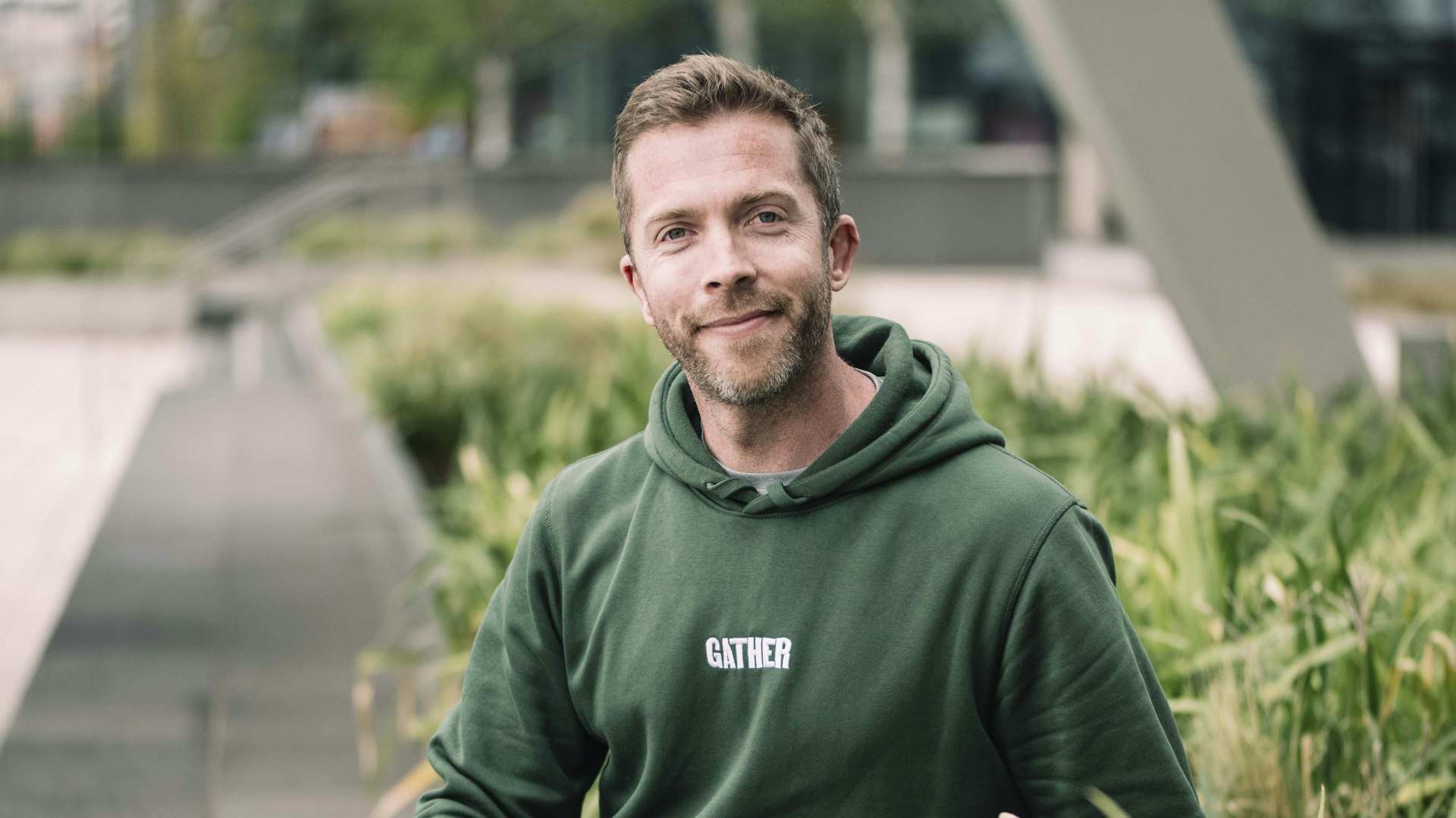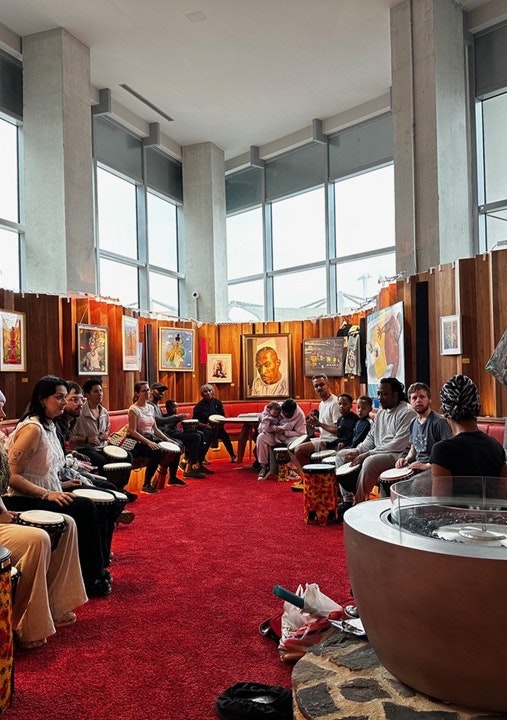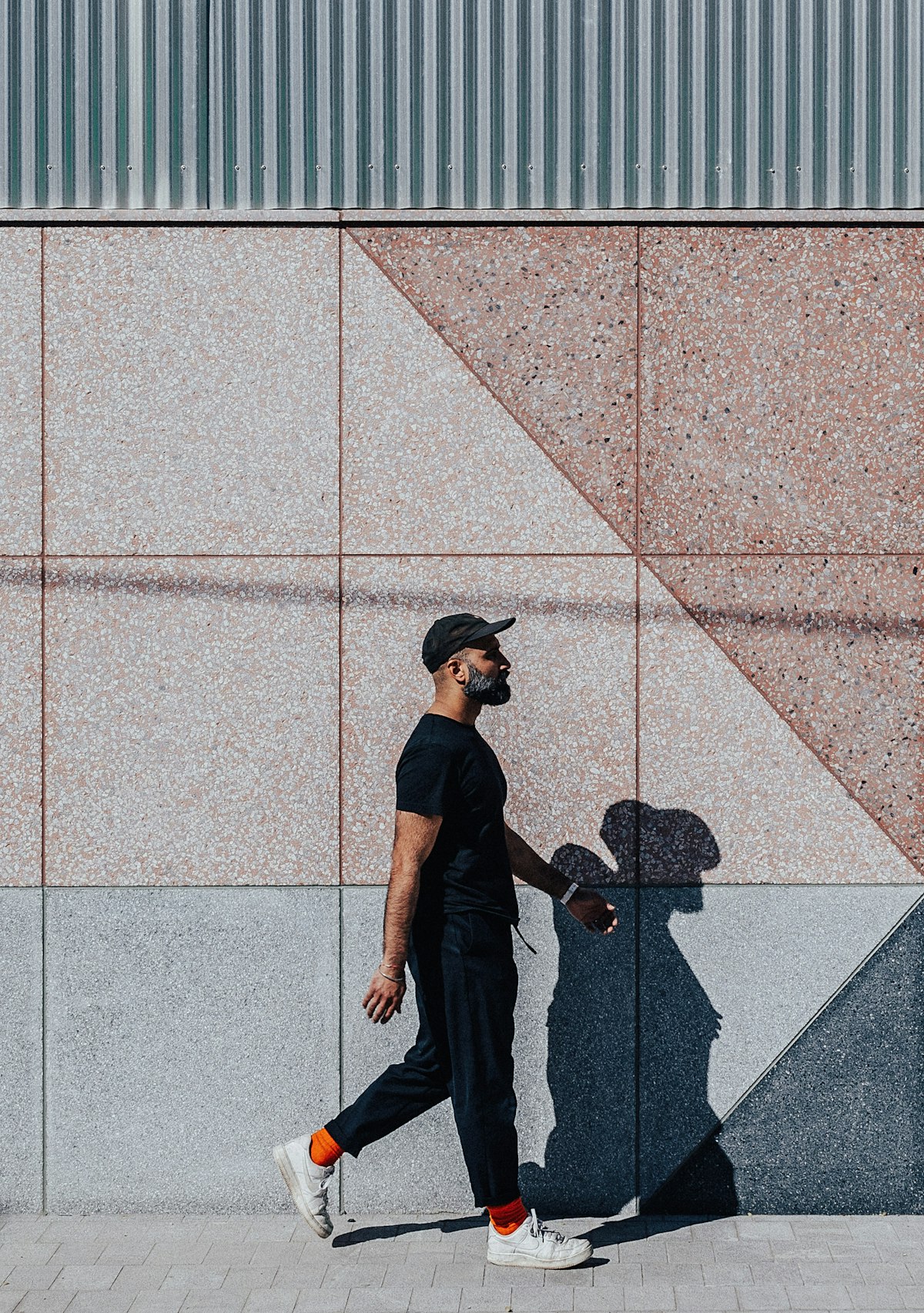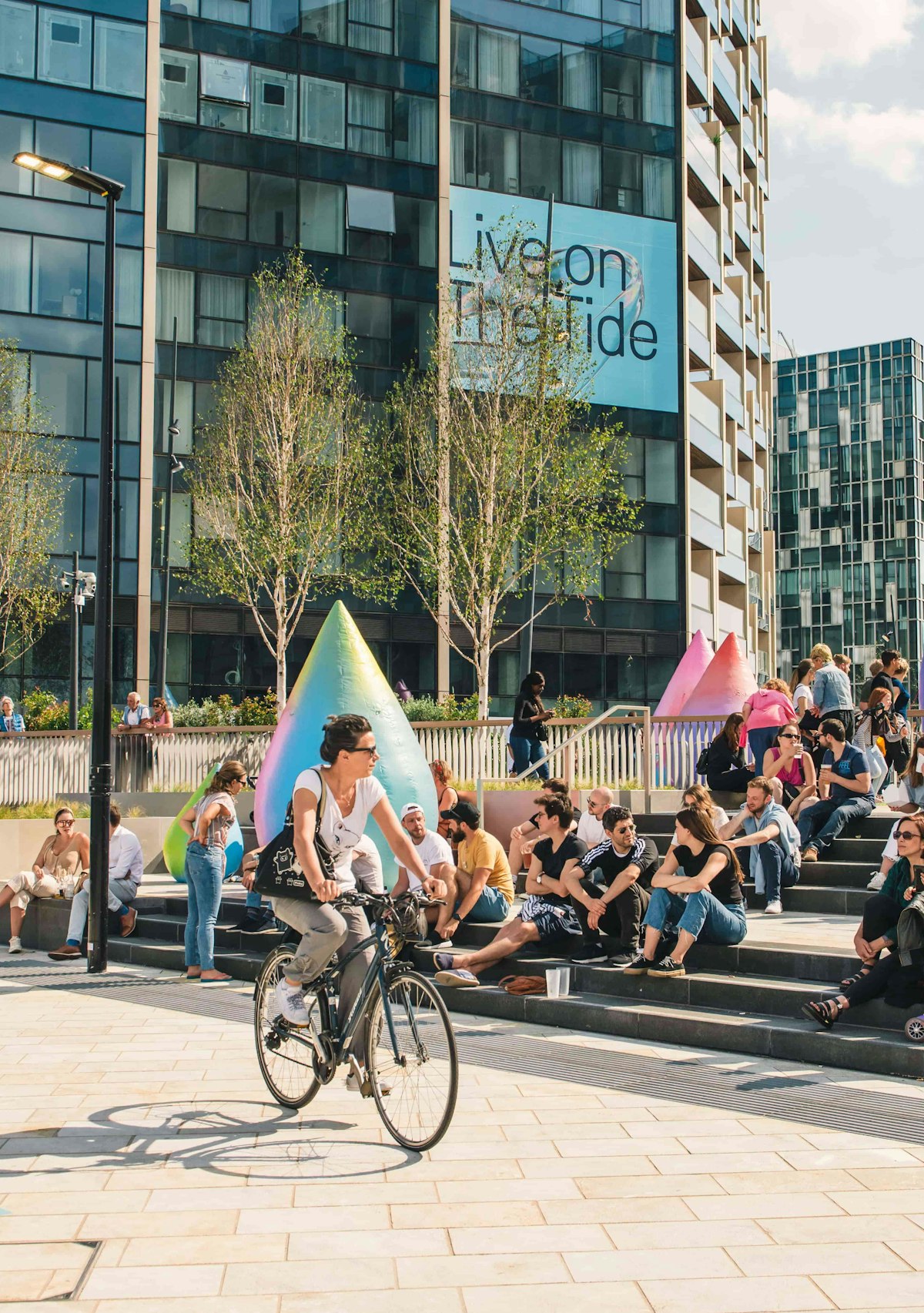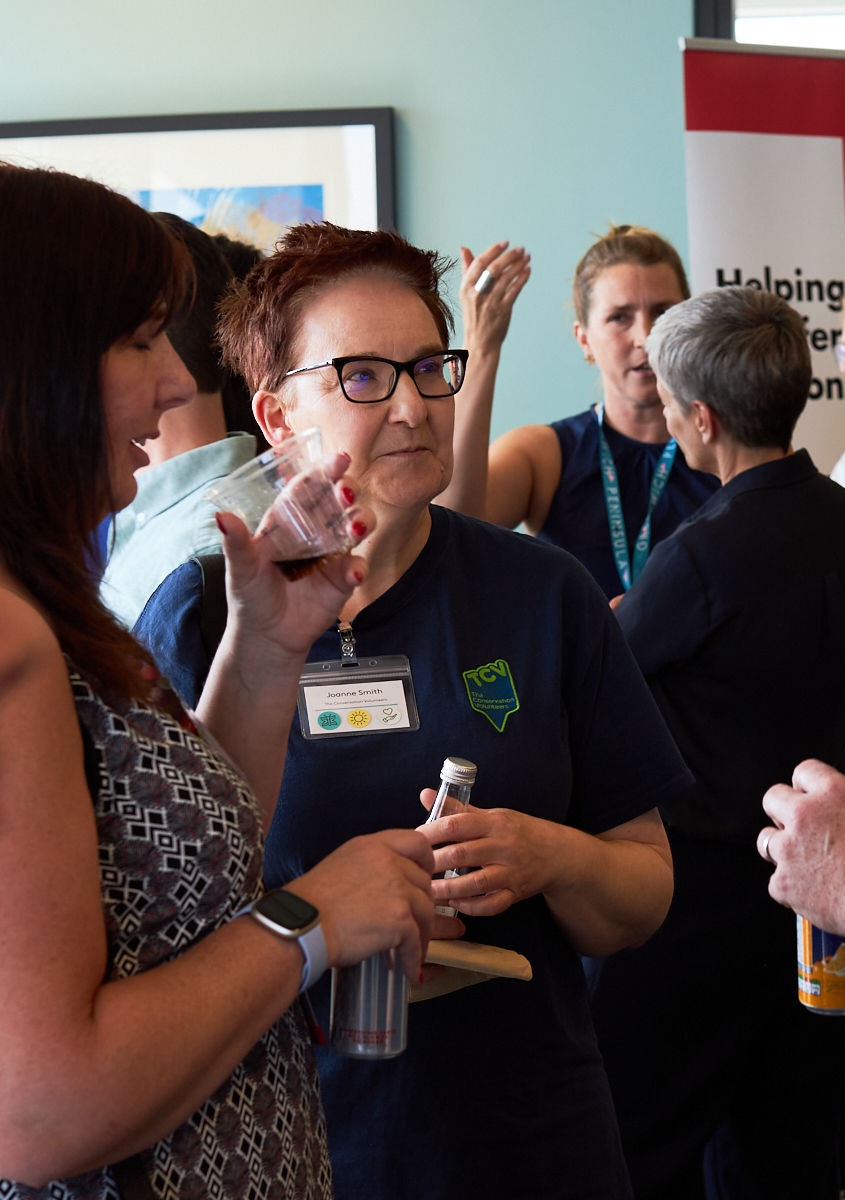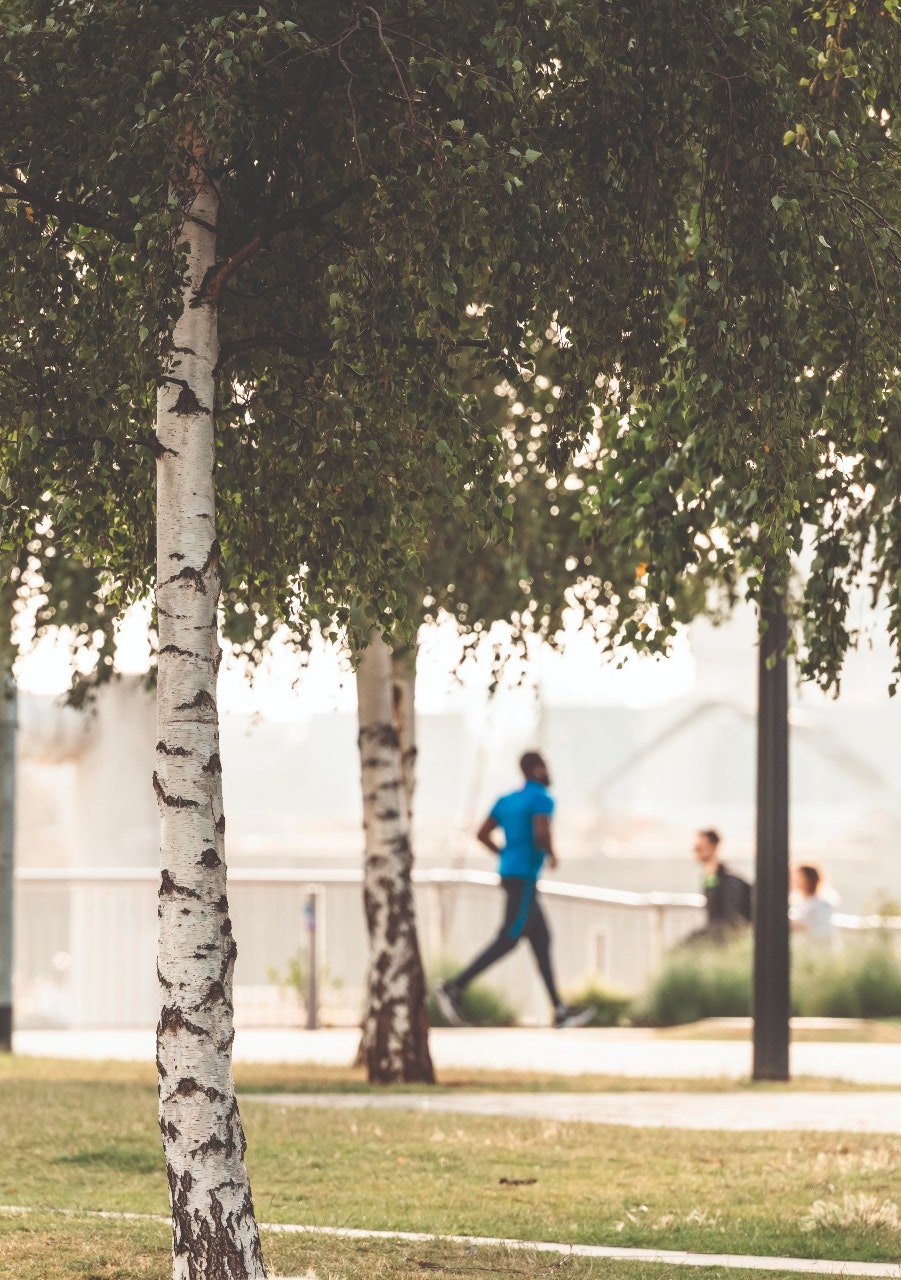
Discover 2025's biggest wellbeing trend: softcare
Nine ways to revolutionise your self-care - with the easiest of changes.
Each year the Global Wellness Summit predicts the trends that will be taking over the fitness industry, and in 2025, one of the biggest shifts is 'softcare' - putting emotional and social wellbeing at the centre of your health. Gather at Greenwich Peninsula does exactly that via its five core principles (sleep, think, eat, move and socialise), making it one of London's buzziest gyms to visit right now.
Founded by Ian Male, who has a Master's Level Certification in Positive Psychology and Behaviour Change, Gather is swapping gym bros and fad diets for smart, holistic changes that'll actually stick. From a three-week, no-strings onboarding that covers form, nutrition and confidence to sociable small-group workouts that are scalable for all abilities and a manifesto that encourages a strict "No d*ckheads" rule), Gather's member testify that this is the place that's truly transformed their physical and mental health in the long-term.
We asked Ian to give us the lowdown on how to rethink your health mojo in 2025.
1. Spreadsheets are not lions
"Our stress response system was developed hundreds of years ago. In the past, the source of stress could be a lion, and our response would be to run or fight; it's a physical response, and once you complete this cycle then you carry on calmly. Now, the source of our stress could be a tight work deadline, and there's no physical response to be had ... The stress remains - you're stuck in a tunnel of stress. That's why breathwork, walking or training are so effective; they are a cue to your body that you're safe. People who are stressed at work are often naturally drawn to high-intensity boot camp-style exercise, but this is just going to drive up their stress levels even higher. They don't need that; they need to be offloading stress through more restorative means. This means building long-term strength or improving how they move rather than focusing on burning calories or how much they sweat."
2. Step away from the desk
"It's drilled into us from school that if you're busy with something like exams, you should focus on that and nothing else. But studies show it's actually the worst thing you can do [it's all affecting our attention spans: a 2024 survey found that we've dropped concentration levels from two and a half minutes to around 45 seconds thanks to external tech]. Instead, just get outside for five minutes every day. There will be some mornings when that's not possible, but if you start with five, soon it will be 10, 15, 20 minutes. Try working in 60 to 90-minute time blocks broken up with five-minute walks - this allows your subconscious to solve problems so you can get more done in less time."
3. Seven is the lucky number
"All of our workouts include seven major movement patterns: knee dominant lower-body movement (for example, squats or lunges); hip dominant lower-body movements (hip hinges, deadlifts, bridges); then you've got a vertical push and pull (pull-ups and overhead press); horizontal push and pull (push-ups and rows) and rotation patterns. Then we mix these up, so members don't get bored doing the same thing. Doing this three times a week will soon make you stronger."
4. People need people
"If you look at a man's brain scan after 45 minutes of talk therapy, it's the same as if they're asleep. Meanwhile, women's brains are lit up like Christmas trees. Men will connect better when they're doing activities, such as playing football or golf, because when they're distracted, it opens up that part of their brain that helps them connect. Having a shared goal of better health actually builds their community. For women, training alongside others doesn't only build strength — it also boosts feel-good hormones, such as oxytocin and dopamine, which is why movement and connection are such a powerful combo."
5. Your brain is lying to you
"There is a part of you in the now, and another part of you that's trying to create change. Now, humans fear change because it sets us apart from the group: in the old days, that could mean being stoned to death or being left to die outside the pack, so there's a bit of you that doesn't want to change. It's a bit like trying to cross a room and there's a resistance band tied around your waist from both walls - the further you move forward, the more one band is trying to hold you back. Expect this resistance and welcome it. And by being part of a community, all pulling in the same direction, you're more likely to stay the course."
6. Rest is the buzzword for 2025
"Everyone thinks they don't have the time to exercise, but you don't need to live at the gym to get results: you only need to train three times a week - anything beyond that is diminishing returns.
7. Stop beating yourself up
"As humans, we go all or nothing, setting ourselves wildly unrealistic expectations. Even if we get 90% of things right, it only takes one setback for the brain's negativity bias to kick in, and we stop entirely. Between training days, take it easy; go for a walk with the dog or have a swim. We offer all of our members access to three small group sessions a week, then on top of that, they can come and do as many conditioning classes as they want on their days off, including pilates, yoga, breathwork and self-defence. We want to offer as many different ways to move as we can."
8. One glass of water next to your toothbrush can change your life
"Our team all ask the question: 'How can we create the biggest change for the member through the smallest of changes?' Something really simple that we do all the time is work on people's hydration levels, which are often quite poor. So we say put a pint glass of water next to your toothbrush in the morning. This is known as 'habit stacking', eg using one habit to build another. So just put a Post-it note next to the toothbrush saying 'Drink a glass of water' and within two weeks you'll be embedded in that habit. It'll have a massive impact on your health and you won't even notice you're doing it."
9. Sleep well and the rest will follow
"We talk about habits like building a brick wall - every four weeks, a member has a catch-up with a coach, and they come away with one simple thing they can change. Within six months, you've got six new habits. Sleep is a massive one. Are you using your phone as your alarm? Put it in another room to charge and either get a bog-standard alarm clock or, if you fancy splashing cash, a sunrise alarm. This one change will improve your sleep, productivity during the day, energy levels and nutritional intake. Everything is interconnected."
gather.training; @gathertraining
Image by Charles Emerson
